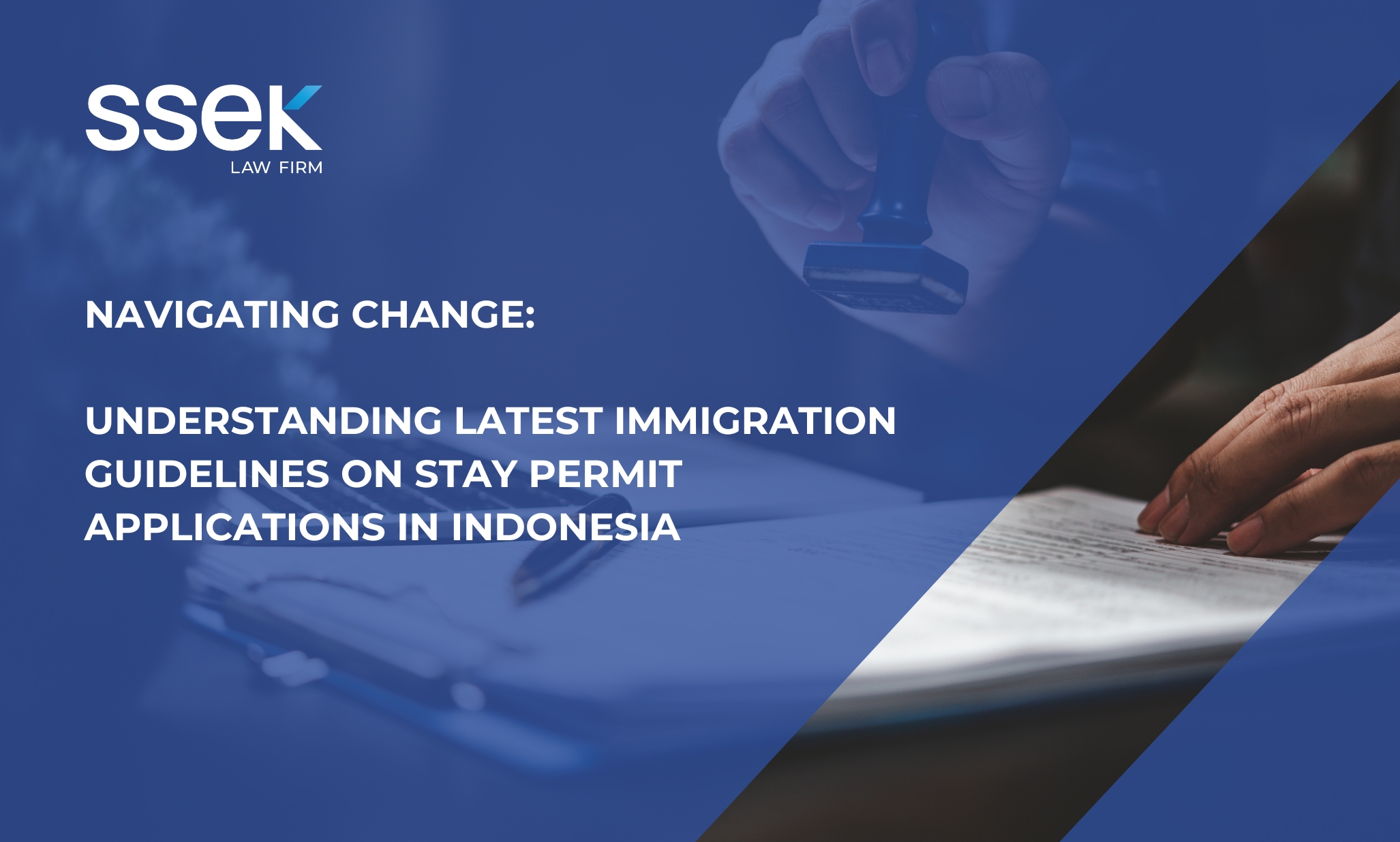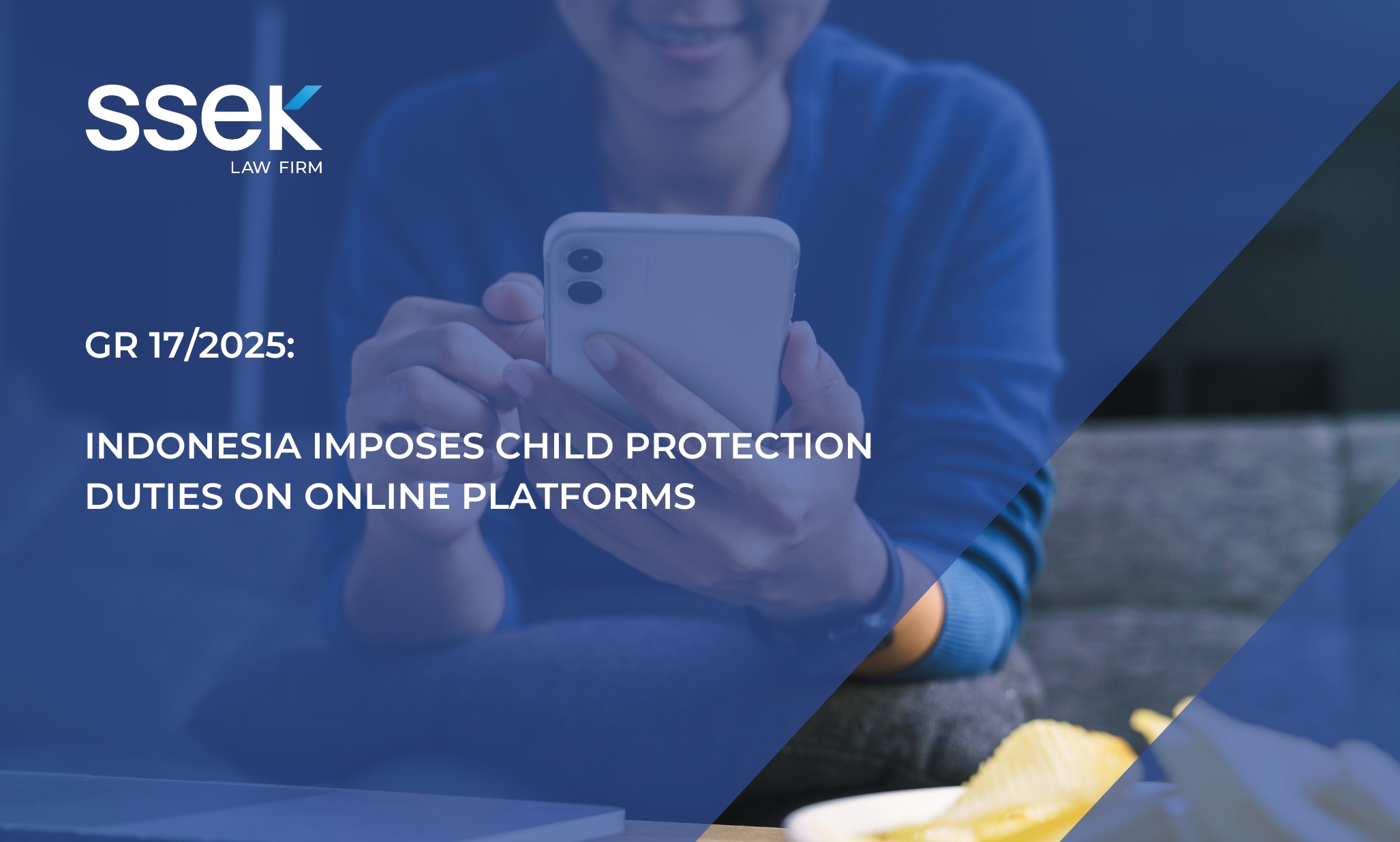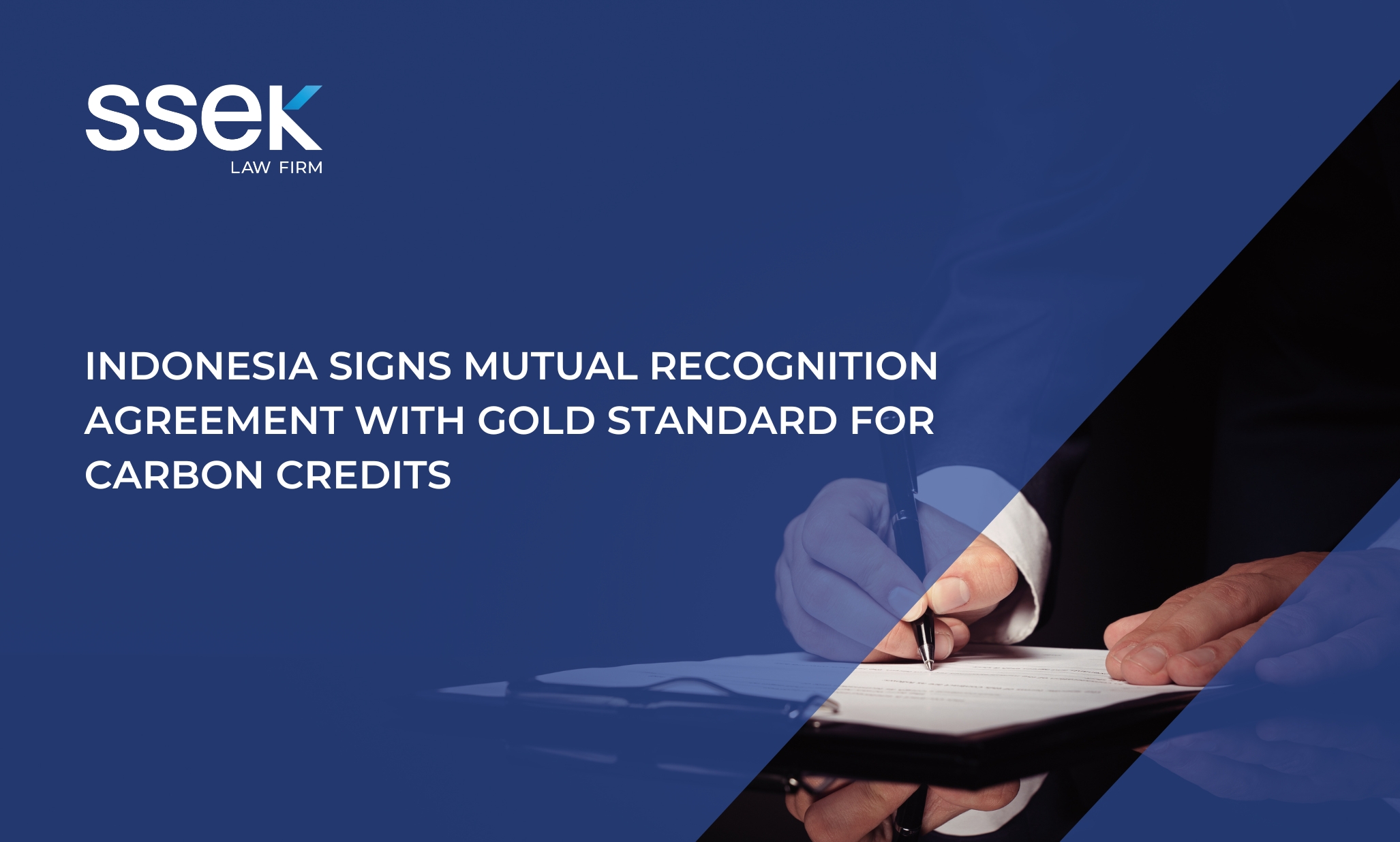

SSEK Legal Consultants founding partner Ira A. Eddymurthy and partner Denny Rahmansyah have contributed the Indonesia chapter of the new Practical Law global guide to Establishing a Business in ... SSEK is one of the top corporate and commercial law firms in Indonesia. It works with leading international and domestic companies on all aspects of their business in Indonesia. SSEK is widely experienced in the establishment of businesses in Indonesia and their ongoing operation.
The following is an excerpt from Establishing a Business in Indonesia.
Under Law No. 40 of 2007 regarding limited liability companies (Company Law), the protections for shareholders and/or minority shareholders are as follows:
- To file claims against the company at the district court if the shareholder suffers losses caused by the company's actions that are considered unfair and unreasonable as a consequence of resolutions of the general meeting of shareholders, the board of directors or the board of commissioners.
- To request that the company purchase its shares at a reasonable price if the relevant shareholder disapproves of the company's actions that have had the effect of the shareholders or the company incurring loss through:
- amendments to the articles of association
- transfer or pledge of the company's assets valued at more than 50% of the company's net assets or
- merger, consolidation or acquisition of the company.
- On behalf of the company, shareholders representing at least oneÂtenth of the total shares with voting rights can file a claim with the district court against a member of the board of directors and board of commissioners who, due to his or her mistakes or negligence, have led to the company incurring losses.
- One or more shareholders representing at least oneÂtenth of the total shares with voting rights can submit a proposal for the dissolution of the company to the general meeting of shareholders.
There is no prohibition against granting additional protections to minority shareholders, but it is uncommon to grant such additional protections.
Quorum or voting requirements at shareholder meetings
There are statutory restrictions on the quorum of the general meeting of shareholders. A general meeting of shareholders can be held and is entitled to adopt resolutions if it is attended or represented by more than one-half of the total shares with valid voting rights, unless a higher quorum is stipulated in the articles of association.
In the event that such a quorum for attendance is not reached, a second attempt to call a general meeting of shareholders can be made. The second general meeting of shareholders is valid and entitled to adopt resolutions if attended by shareholders representing not less than one-third of all shareholders with valid voting rights, unless the articles of association stipulate a higher threshold. If a quorum is not reached for the second general meeting of shareholders a request can be filed with the chairman of the district court whose jurisdiction includes the company's domicile to determine the quorum of a third general meeting of shareholders.
Each share grants its owner the right to attend and cast one vote in a general meeting of shareholders. NonÂvoting shares can be issued but all share classes must be entitled to receive dividends.
Voting majorities for corporate actions
An increase and decrease of the authorized capital are considered amendments to the articles of association, and amendments to a company's articles of association must be approved by the company's shareholders at a general meeting of shareholders at which shareholders holding at least two-thirds of the company's total issued shares with valid voting rights are present or represented, and the relevant resolution must be approved by at least two-thirds of the total votes legally cast.
A resolution of the general meeting of shareholders to increase the issued capital and paid-up capital within the limit of authorized capital will be valid if adopted in a quorum of more than one-half of the total shares with valid voting shares and approved by more than one-half of the total votes cast. The articles of association can stipulate a larger quorum for attendance and/or a higher voting threshold to pass a general meeting of shareholders resolution on these matters.
This publication is intended for informational purposes only and does not constitute legal advice. Any reliance on the material contained herein is at the user\'s own risk. You should contact a lawyer in your jurisdiction if you require legal advice. All SSEK publications are copyrighted and may not be reproduced without the express written consent of SSEK.









